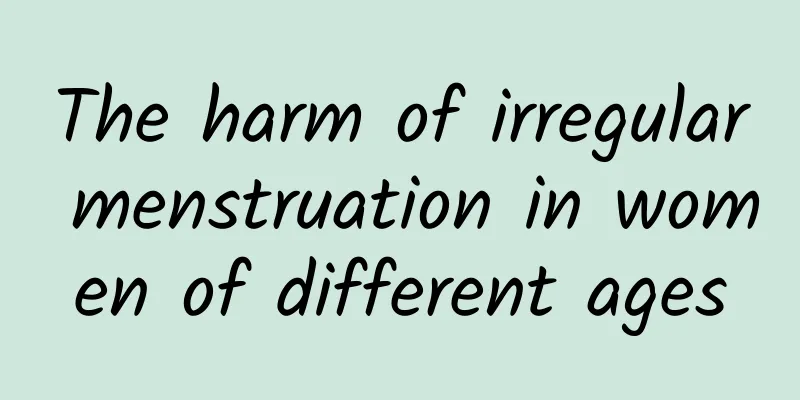Is pelvic inflammatory disease a serious gynecological disease?

|
Is pelvic inflammatory disease a serious gynecological disease? Pelvic inflammatory disease is a common gynecological inflammation in women. Many women do not pay attention to it, so they fail to treat pelvic inflammatory disease in time, which causes great harm to the body. This is also the reason why pelvic inflammatory disease cannot be cured for a long time. So, is pelvic inflammatory disease a serious gynecological disease? Pelvic inflammatory disease refers to inflammation of the female internal reproductive organs and the surrounding connective tissue and pelvic peritoneum, among which the most common are salpingitis and salpingo-oophoritis. The greatest harm of pelvic inflammatory disease is the blockage of the fallopian tubes, resulting in secondary infertility. Many patients with pelvic inflammatory disease should be treated in time. If they are not treated well, they will eventually form fallopian tube water, blockage and regret. The impact of pelvic inflammatory disease on the fetus is very serious. It is recommended that experts should treat it in time. In addition to worsening menstrual abdominal pain, pelvic inflammatory disease can also be aggravated by fatigue, sexual intercourse or defecation, and can be accompanied by frequent urination, leucorrhea, yellow or abnormal menstruation, infertility, etc. Sometimes there is low fever and fatigue. Some patients have clinical manifestations of neurasthenia, such as insomnia, depression, and general discomfort. Pelvic inflammatory disease can directly affect the function of the uterus and fallopian tubes, especially chronic pelvic inflammatory disease, which can cause fallopian tube stiffness or blockage, seriously affecting the movement of sperm and the delivery of eggs, and ultimately leading to infertility. If pelvic inflammatory disease is not relieved in time, it may adhere to the mucosa of the fallopian tube, causing stenosis or closure of the lumen. In this way, the movement of eggs, sperm or fertilized eggs will be blocked, and ectopic pregnancy will follow. |
>>: What are the treatment measures for cervical hypertrophy?
Recommend
Risks of Clenbuterol! No more than 1.25 mg per kg body weight
Taiwan-US relations have once again hit a freezin...
Unbearable itching is a typical symptom of vulvar leukoplakia
Many female friends do not pay attention to hygie...
The least harmful method of abortion
No abortion method is completely harmless. Aborti...
Causes of uterine fibroids in women
The appearance of uterine fibroids is very common...
What are the symptoms of threatened miscarriage?
Every pregnant woman is very afraid of threatened...
How do patients with candidal vaginitis regulate their lifestyle?
Candidal vaginitis is a type of vaginitis. Many w...
What is uterine fibroids? What are the symptoms of uterine fibroids?
Many female friends find that they have uterine f...
Ranking of hospitals for congenital absence of vagina
How to choose a hospital that treats congenital a...
Why do some women with postpartum hemorrhage experience amenorrhea?
Under normal circumstances, there is a varying am...
What are the procedures for hysterectomy? What are the preparations for hysterectomy?
What are the procedures for hysterectomy? What ar...
How to use microwave to treat cervicitis
There are many ways to treat cervicitis, and micr...
Experts discuss the key points of postoperative conditioning for uterine fibroids
Patients with uterine fibroids should know that p...
Eliminate old waste! 5 Foot Massage Methods to Help You Lose Weight
The biggest obstacles to weight loss are low meta...
Collection! Blindly preserving the fetus may lead to fetal malformation
From a biological perspective, human reproduction...
A brief analysis of the hazards of four major painless abortions
Painless abortion is a more frequently used abort...









